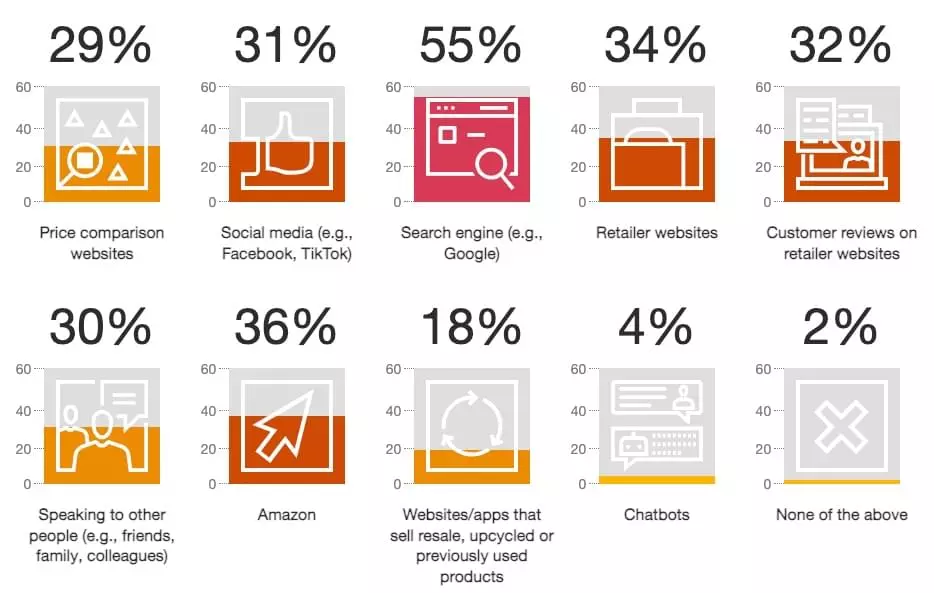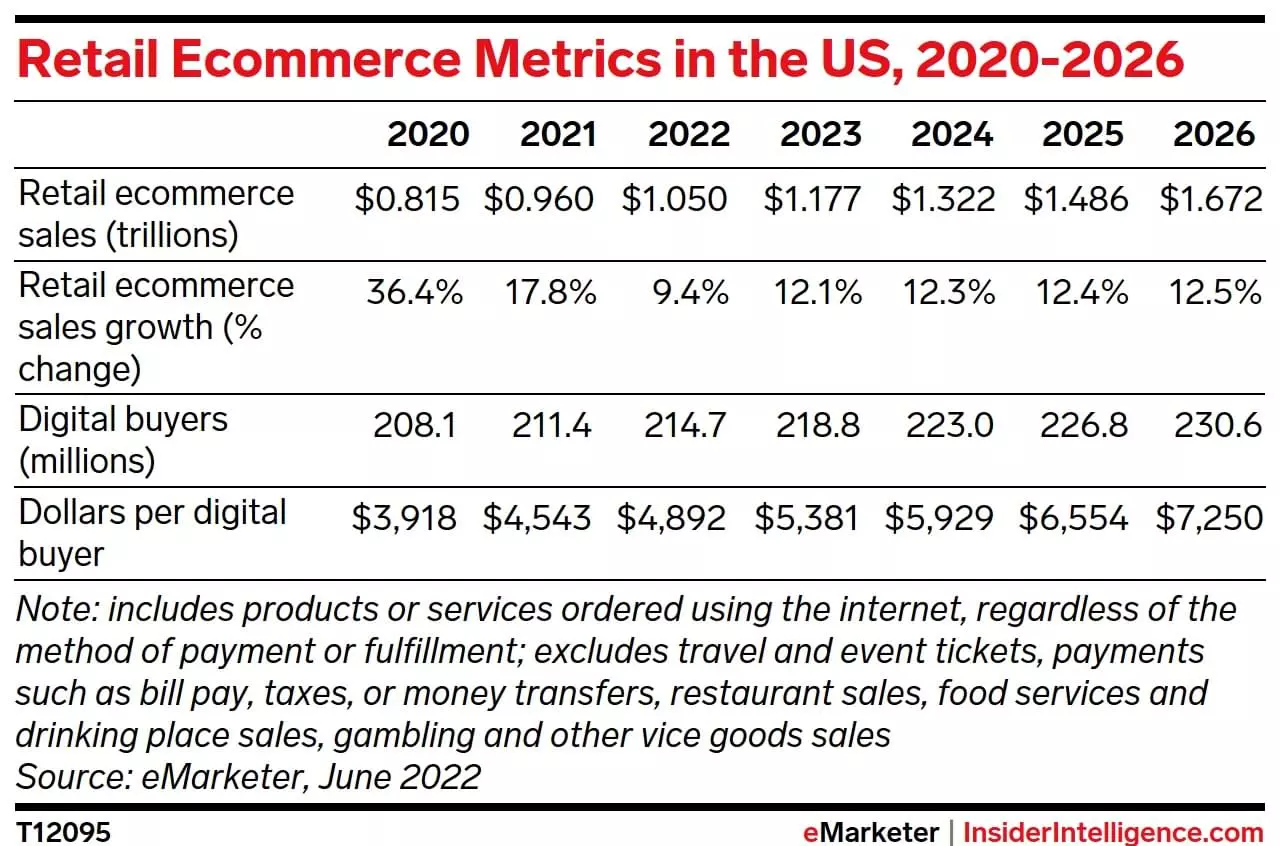How to Boost WordPress Security and Protect Your SEO Ranking
This article details crucial WordPress security measures to safeguard your website and SEO rankings from cyberattacks. The recent Balada Injector malware attack, affecting over 17,000 WordPress sites in September 2023, underscores the critical need for robust website security. Such breaches lead to financial losses, reputational damage, and plummeting search engine rankings.
Key Takeaways:
- Urgent Need for WordPress Security: The scale of the September 2023 malware attack highlights the vulnerability of WordPress sites and the importance of proactive security measures.
- SEO and Business Impact: Cyberattacks inflict significant damage on SEO performance and business reputation, making recovery a difficult process.
- Proactive Security Strategies: This article provides a step-by-step guide to enhance WordPress security, improving SEO and overall website health.
Website Security and SEO: An Inseparable Link
Online shopping continues to grow, with consumers increasingly relying on search engines for product research. This necessitates not only high-quality content and SEO best practices but also a secure and positive user experience.
 Survey responses to the question, “In general, where do you typically research the items/products you intend to buy?” Source: PwC’s June 2023 Global Consumer Insights Survey
Survey responses to the question, “In general, where do you typically research the items/products you intend to buy?” Source: PwC’s June 2023 Global Consumer Insights Survey
 Source: eMarketer
Source: eMarketer
Consumers expect secure online experiences across all websites, including search engines. Strong SEO requires a secure website.
How Security Breaches Harm SEO
Cyberattacks can be devastating, leading to irreversible financial and reputational damage. Search engines prioritize website security as a key factor in page experience ranking.
 Google’s Page Experience Documentation includes a question focusing on website security.
Google’s Page Experience Documentation includes a question focusing on website security.
Security breaches result in:
- Website Blocklisting: Search engines and browsers may block access to compromised websites.
- Toxic Backlinks: Backlinks from compromised sites are flagged as malicious, impacting your domain authority.
- Traffic Loss: A security breach can dramatically reduce website traffic.
- Reputational Harm: Negative reviews and word-of-mouth can further damage your online presence.
Securing Your WordPress Site: A Practical Guide
These steps will help protect your website and customers:
Step 1: Secure SSL Certificate: An appropriate SSL certificate encrypts data, safeguarding sensitive information. Choose a certificate type (e.g., OV SSL) that aligns with your business needs.
Step 2: Update WordPress Plugins: Regularly update plugins to patch vulnerabilities. Always back up your site before updating. Remove outdated plugins.
Step 3: Implement a Cybersecurity Policy: Establish clear guidelines and best practices for all employees to prevent breaches through insecure connections and devices.
Step 4: Invest in Security Plugins: Utilize security plugins (e.g., Sucuri, Wordfence) for firewall protection, login restrictions, malware scanning, and alerts.
 Screenshot of an email alert notification sent out by Wordfence Security to its users
Screenshot of an email alert notification sent out by Wordfence Security to its users
Step 5: Maintain Vigilance: Regularly monitor your website for security issues using tools like Ahrefs. Be wary of phishing emails and test data integrity.
Boosting Domain Rating (DR) Through Security
A high Domain Rating (DR) correlates with better search rankings. Maintaining website security is crucial for a healthy DR. Regularly audit backlinks and disavow those from low-quality or compromised sites using tools like Ahrefs.

 Screenshot from Google Search’s How Results are Automatically Generated document.
Screenshot from Google Search’s How Results are Automatically Generated document.

Conclusion
Website security is paramount for online success. A secure website builds trust with customers and improves search engine rankings. The steps outlined here provide a foundation for robust website security, minimizing the risk of cyberattacks and maximizing your online presence. Remember, proactive security measures are key to long-term success.
The above is the detailed content of How to Boost WordPress Security and Protect Your SEO Ranking. For more information, please follow other related articles on the PHP Chinese website!

Hot AI Tools

Undresser.AI Undress
AI-powered app for creating realistic nude photos

AI Clothes Remover
Online AI tool for removing clothes from photos.

Undress AI Tool
Undress images for free

Clothoff.io
AI clothes remover

Video Face Swap
Swap faces in any video effortlessly with our completely free AI face swap tool!

Hot Article

Hot Tools

Notepad++7.3.1
Easy-to-use and free code editor

SublimeText3 Chinese version
Chinese version, very easy to use

Zend Studio 13.0.1
Powerful PHP integrated development environment

Dreamweaver CS6
Visual web development tools

SublimeText3 Mac version
God-level code editing software (SublimeText3)

Hot Topics
 How To Begin A WordPress Blog: A Step-By-Step Guide For Beginners
Apr 17, 2025 am 08:25 AM
How To Begin A WordPress Blog: A Step-By-Step Guide For Beginners
Apr 17, 2025 am 08:25 AM
Blogs are the ideal platform for people to express their opinions, opinions and opinions online. Many newbies are eager to build their own website but are hesitant to worry about technical barriers or cost issues. However, as the platform continues to evolve to meet the capabilities and needs of beginners, it is now starting to become easier than ever. This article will guide you step by step how to build a WordPress blog, from theme selection to using plugins to improve security and performance, helping you create your own website easily. Choose a blog topic and direction Before purchasing a domain name or registering a host, it is best to identify the topics you plan to cover. Personal websites can revolve around travel, cooking, product reviews, music or any hobby that sparks your interests. Focusing on areas you are truly interested in can encourage continuous writing
 How to adjust the wordpress article list
Apr 20, 2025 am 10:48 AM
How to adjust the wordpress article list
Apr 20, 2025 am 10:48 AM
There are four ways to adjust the WordPress article list: use theme options, use plugins (such as Post Types Order, WP Post List, Boxy Stuff), use code (add settings in the functions.php file), or modify the WordPress database directly.
 How to display child categories on archive page of parent categories
Apr 19, 2025 pm 11:54 PM
How to display child categories on archive page of parent categories
Apr 19, 2025 pm 11:54 PM
Do you want to know how to display child categories on the parent category archive page? When you customize a classification archive page, you may need to do this to make it more useful to your visitors. In this article, we will show you how to easily display child categories on the parent category archive page. Why do subcategories appear on parent category archive page? By displaying all child categories on the parent category archive page, you can make them less generic and more useful to visitors. For example, if you run a WordPress blog about books and have a taxonomy called "Theme", you can add sub-taxonomy such as "novel", "non-fiction" so that your readers can
 How to get logged in user information in WordPress for personalized results
Apr 19, 2025 pm 11:57 PM
How to get logged in user information in WordPress for personalized results
Apr 19, 2025 pm 11:57 PM
Recently, we showed you how to create a personalized experience for users by allowing users to save their favorite posts in a personalized library. You can take personalized results to another level by using their names in some places (i.e., welcome screens). Fortunately, WordPress makes it very easy to get information about logged in users. In this article, we will show you how to retrieve information related to the currently logged in user. We will use the get_currentuserinfo(); function. This can be used anywhere in the theme (header, footer, sidebar, page template, etc.). In order for it to work, the user must be logged in. So we need to use
 Is WordPress easy for beginners?
Apr 03, 2025 am 12:02 AM
Is WordPress easy for beginners?
Apr 03, 2025 am 12:02 AM
WordPress is easy for beginners to get started. 1. After logging into the background, the user interface is intuitive and the simple dashboard provides all the necessary function links. 2. Basic operations include creating and editing content. The WYSIWYG editor simplifies content creation. 3. Beginners can expand website functions through plug-ins and themes, and the learning curve exists but can be mastered through practice.
 How to sort posts by post expiration date in WordPress
Apr 19, 2025 pm 11:48 PM
How to sort posts by post expiration date in WordPress
Apr 19, 2025 pm 11:48 PM
In the past, we have shared how to use the PostExpirator plugin to expire posts in WordPress. Well, when creating the activity list website, we found this plugin to be very useful. We can easily delete expired activity lists. Secondly, thanks to this plugin, it is also very easy to sort posts by post expiration date. In this article, we will show you how to sort posts by post expiration date in WordPress. Updated code to reflect changes in the plugin to change the custom field name. Thanks Tajim for letting us know in the comments. In our specific project, we use events as custom post types. Now
 How to display query count and page loading time in WordPress
Apr 19, 2025 pm 11:51 PM
How to display query count and page loading time in WordPress
Apr 19, 2025 pm 11:51 PM
One of our users asked other websites how to display the number of queries and page loading time in the footer. You often see this in the footer of your website, and it may display something like: "64 queries in 1.248 seconds". In this article, we will show you how to display the number of queries and page loading time in WordPress. Just paste the following code anywhere you like in the theme file (e.g. footer.php). queriesin
 How to Automate WordPress and Social Media with IFTTT (and more)
Apr 18, 2025 am 11:27 AM
How to Automate WordPress and Social Media with IFTTT (and more)
Apr 18, 2025 am 11:27 AM
Are you looking for ways to automate your WordPress website and social media accounts? With automation, you will be able to automatically share your WordPress blog posts or updates on Facebook, Twitter, LinkedIn, Instagram and more. In this article, we will show you how to easily automate WordPress and social media using IFTTT, Zapier, and Uncanny Automator. Why Automate WordPress and Social Media? Automate your WordPre






